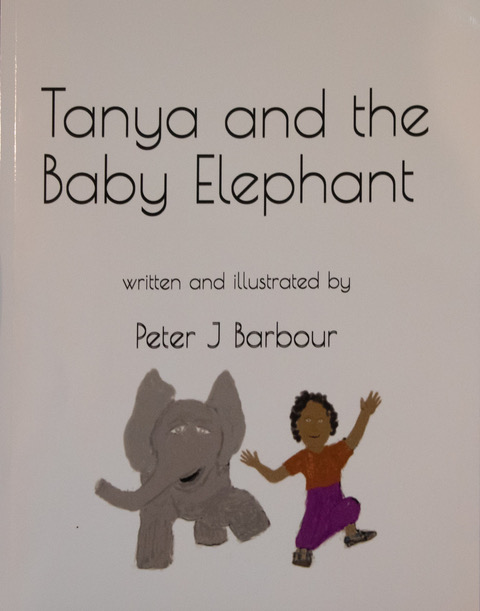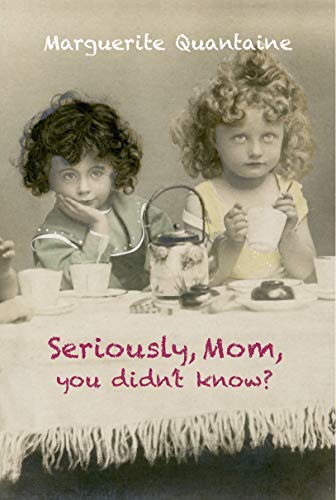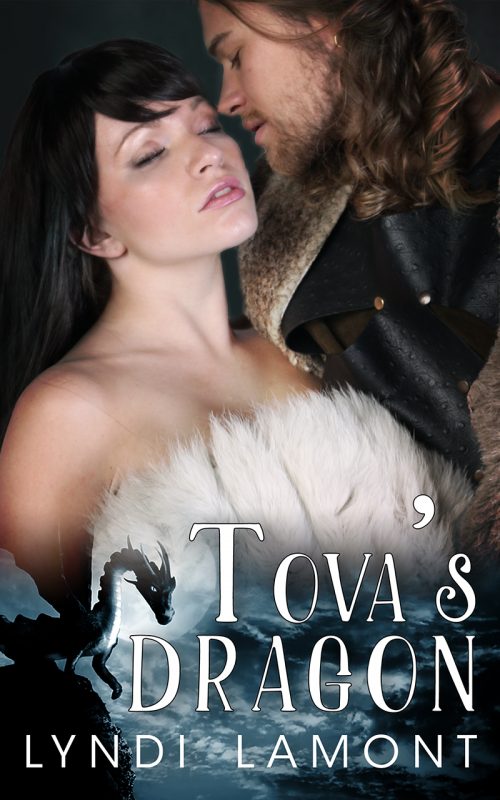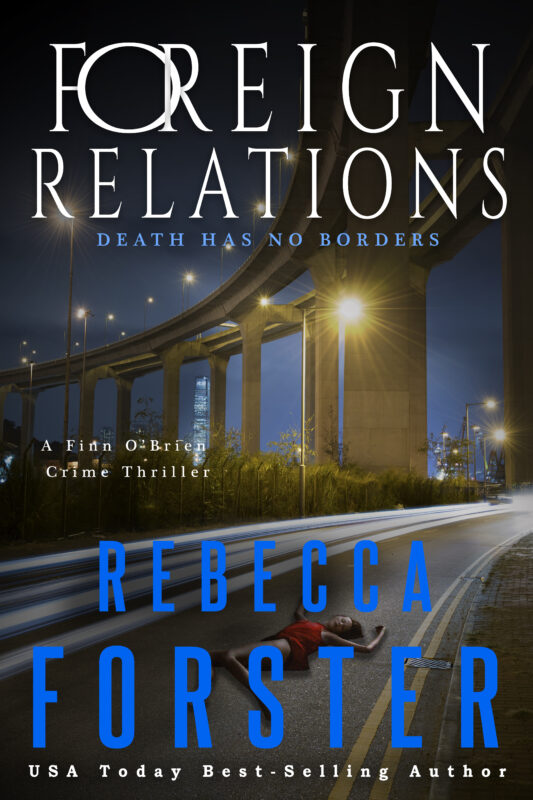Malibu Christmas Play Podcast
December 11, 2007 by A Slice of Orange in category Archives tagged as Confessions of a Podcast Goddessby Jina Bacarr
Getting a new camera for Christmas? Taking lots of pictures and videos?
Turn your photos into a video podcast for your family and friends. Several programs exist on the market but if you use Windows, you should already have Windows Movie Maker installed on your computer.
Muvee is an affordable, easy-to-use program perfect for both video and photo podcasts.
We’ll be discussing these programs more at length in 2008. But since it’s the holidays, here’s a special Christmas Podcast called “The Christmas Piano Tree,” my one-act play that was produced in Malibu at the Malibu Stage Company Theatre.
I filmed the play during a performance, then I shot frames from the play off my TV screen using my digital camera; next, I recorded an audio track with my voiceover (I acted as the narrator and the two female characters in the play) and sweetened it with music.
The Christmas Piano Tree is based on my family tradition of decorating our old upright piano like a Christmas tree.
Happy Holidays!!
Best,
Jina
Jina Bacarr is the author of The Blonde Geisha , Naughty Paris, Tokyo Rendezvous, a Spice Brief, and Spies, Lies and Naked Thighs, an erotic spy thriller, March 2008.
Jina writes erotic adventure for Spice Books. “Get Caught in the Act!”
THINGS THAT MAKE ME GO MMMRUH!
December 10, 2007 by A Slice of Orange in category Archives tagged as Things That Make Me Go Mmmruhby
Geralyn Ruane
The revolution will not be televised.
It will be downloaded.
outside the NBC studios in Burbank
Writers want to get paid when viewers access their work via the internet.
This is the key issue at stake in the Writer’s Guild of America strike. Movie and television writers do not get royalties for the work they create: screenwriters gave up the rights to royalties back in the 1920’s. Instead, TV and screenwriters get residuals – payment every time their work airs or sells. But they only get those residuals if the WGA fights for them.
Imagine if J.K. Rowling hadn’t made a dime for her Harry Potter books beyond a standard fee publishers paid her for penning each one. What if she got no money for the millions of books she sold? No money for the merchandising of all that stuff based on the characters she created. No money from those insanely successful movies that have launched careers and made billions and billions of dollars. Try to picture J.K. Rowling earning NOTHING from all that. Sure, she would be the author who changed the face of childhood mythology as we know it, but she would be struggling to make rent. Would that seem right? Yeah, you might think, but that would never happen. But that is EXACTLY what happened to screenwriters Irene Mecchi and Jonathan Roberts. They wrote The Lion King, Disney’s first animated feature that was not adapted from a fairy tale, book, or existing g piece of work. Mecchi and Roberts created an original story that went on the earn billions of dollars, yet they have never received any percentage of the revenue from the movie, its sequels, its merchandising, or its Broadway show. They have received nothing beyond the money Disney paid them to write the script. Why? How could this happen? The answer is simple: The Lion King is an animated movie, and most animated work is not covered by the WGA. This is what the Writer’s Guild of America does: it wrestles The Association of Motion Picture and Television Producers to make sure writers get a piece of the revenue they generate. Without the WGA, Hollywood writers are utterly vulnerable financially. Currently, writers of most animation shows and all reality shows are not protected by the WGA and as a result get both low salaries and no residuals. When the folks who worked on America’s Top Model tried to organize in 2006, they were all fired. When animation writers at Nickelodeon tried to organize in 2001, Nickolodean fired all the writers, blacklisted the “ringleaders,†stopped production on all animated shows and put 250 artists out of work. That’s right. The partners who wrote Sponge Bob Square Pants, which has earned Nickolodean $12 billion, wanted a $5 residual for every episode aired – that’s about 16/1000 of 1% of total revenue that they wanted, but the AMPTP refused to pay it to them. Seriously, it makes watching Sponge Bob or The Lion King feel like wearing the fashions kids make in the sweatshops of third world countries. In 1988, when the writers went on strike to get residuals for sales of VHS tapes, the WGA accepted a dramatically low rate on residuals for VHS because the studios argued that VHS would not be profitable. Though this turned out to be egregiously false, later the same rate was applied to residuals for DVDs, which are even more profitable than VHS tapes ever were. Now the AMPTP wants to apply that same miscalculated, lowball rate to the residuals for material downloaded off the internet. This time, the WGA is determined to get a fair deal. In this 2007 strike, the WGA writers want reasonable residuals for their work that is downloaded via the internet. They also want all animation writers and reality writers in the allowed into the WGA. The total cost of what the WGA demands is significantly less than the combined salaries of the CEOs of the six AMPTP studios.But the studios want to screw the writers and keep all the money for themselves. And believe me, The Teamsters put it much more colorfully than that.
If writing is allowed to be devalued to the extent the rich, corporate AMPTP would love to see, all writers will suffer the consequences, as the idea of not paying writers for their work becomes more and more indoctrinated in American culture. So find the picket lines closest to you and fight the good fight. The solidarity of artists fighting corporate domination is empowering to behold, and even stronger once you join the battle for all writers everywhere.www.wga.org

Geralyn Ruane’s favorite Hardy Boy is whichever one Parker Stevenson played, and these days she writes romance, chick lit and women’s fiction. Last year her short story “Jane Austen Meets the New York Giants†was published in the New York Times Bestselling anthology The Right Words at the Right Time Volume 2.
It’s Worth It
December 9, 2007 by A Slice of Orange in category Archives tagged as It's Worth ItMISSION ACCOMPLISHED
By Kitty Bucholtz
Oh Joy! Oh Rapture! I won!
Remember I told you last month that I would participate in NaNoWriMo? The goal was 50,000 words in 30 days. At the beginning of the month, I felt it was a doable goal – 1667 words per day. By Thanksgiving, I wasn’t so sure. I was barely over the 17,000 mark and thousands of words behind.
But I had two things going for me. One, I desperately needed to create some new and improved writing habits, so I had it in my heart and mind to do whatever it would take to “win†this competition. (Everyone who hits the mark, wins. Essentially, you’re competing against yourself.)
Second, my two critique partners also participated and were equally motivated. We had a conference call twice a week for encouragement, accountability, and brainstorming. We sent emails saying we hit 10,000 words, 20,000 words, or had a breakthrough idea.
In the last five days I wrote 30,711 words. That’s about 123 pages. In my wildest dreams I never would have believed I could do that! I simply decided not to stop typing. I woke up in the morning, kissed my husband goodbye, asked God to help me focus, and started typing. I would look at my word count and think – another thousand words and I’ll be at the next 10,000 word mark. Or – another hundred words and I’ll beat Stephanie for the day. (grin) I heard the voice of Dorie, the blue fish in Finding Nemo, singing, “Just keep typing, just keep typing.â€
I won a lot more than a competition. (I stopped at about 6pm on the last day with 52,415 words.) I developed some key new habits. I found better ways to get work done, things I never would’ve tried if I hadn’t been willing to try anything to win the competition. And perhaps most importantly, I learned what I can do.
That first weekend after NaNo ended, my brain was a jumble. I tried to remember whether I had paid the rent. My friends at church asked why I wasn’t my usual talkative self. I told them, “I used up all my words in my book!†They laughed and congratulated me.
By the next Tuesday, I was eagerly working on my book again, making notes, moving scenes around. By Thursday, I could see that if I deliberately chose to not let my new habits slip, I could keep up a far higher degree of productivity. On Friday, during our conference call, my critique partners and I started brainstorming a new idea for our budding web site. We decided that we needed to encourage other writers with ideas on how to keep writing. We are beyond excited about our plans!
Participating in NaNo was hard work. Friends and family were kindly told to wait until December. I snuck into another room on Thanksgiving Day to write for a while. Chores and errands were put off. My to do list on December 1 was terrifyingly long. But I have new habits that are pushing me to the next level in my writing. So I say – it’s worth it!

Kitty Bucholtz writes romantic comedies because, well, she lives one! She wrote her first book in the NBC cafeteria, the second snowed in at a Reno hotel, and the third from a tiny apartment in Sydney. Even though she loves talking about, writing about, and teaching about writing, she’s pretty sure she knows at least three people who aren’t writers.
Pets, Romance and Lots of Suspense
December 6, 2007 by A Slice of Orange in category Pets, Romance & Lots of Suspense by Linda O. Johnston tagged as Berkley Prime Crime, Linda O. Johnston, Silhouette Nocturneby Linda O. Johnston
I’m really excited to be joining the wonderful writers who blog on A Slice of Orange. I write romance and mystery, sometimes suspenseful romance, and sometimes romantic mystery. I’ve also become an experienced blogger. I blog weekly on KillerHobbies.Blogspot.com and, since I write the Kendra Ballantyne, Pet-Sitter mystery series for Berkley Prime Crime, the “hobby” I blog about is pets.
Of course, I consider pets family, not just hobbies. But the topic is fun and versatile.
So what do I hope to talk about here? I think one focus will be the fun of switching between genres. I started out writing mystery short stories, moved to time-travel romance, then romantic suspense, then back to mystery–novel-length, but also, still, occasional short stories. And I continue to write romance, too. In addition to my Kendra series, I’ve sold a paranormal romance to Silhouette Nocturne, although its publication date hasn’t yet been established. Why do I switch? How do I switch?
Well, come back and visit me on the sixth of every month, and I’ll tell you all about it! And if you have any questions, feel free to ask.
Linda O. Johnston
www.LindaOJohnston.com

Linda O. Johnston is the author of 14 romance novels as well as the Kendra Ballantyne, Pet-Sitter mystery series from Berkley Prime Crime.
Checking in
December 5, 2007 by A Slice of Orange in category ArchivesHi all:
I’ll be blogging on the fifth of the month, beginning in January, 2008. I’m excited; it’s my first experience with blogging (yes, I know, welcome to the 20th Century and all that
Love to all,
Diane Pershing
Affiliate Links
A Slice of Orange is an affiliate with some of the booksellers listed on this website, including Barnes & Nobel, Books A Million, iBooks, Kobo, and Smashwords. This means A Slice of Orange may earn a small advertising fee from sales made through the links used on this website. There are reminders of these affiliate links on the pages for individual books.
Search A Slice of Orange
Find a Column
Archives
Featured Books
TANYA AND THE BABY ELEPHANT
Tanya is stuck at home. Can a baby elephant make her less lonely?
More info →SERIOUSLY, MOM, YOU DIDN’T KNOW?
Life is a silver lining for those of us willing to scrape the surface of adversity.
More info →TOVA’S DRAGON
A warrior maid & a hot dragonshifter set out to save the kingdom; together they can prevail, but at what cost?
More info →FOREIGN RELATIONS
A foreign woman is dead, two countries want her forgotten. Detective Finn O'Brien wants justice.
More info →Newsletter
Contributing Authors
Search A Slice of Orange
Find a Column
Archives
Authors in the Bookstore
- A. E. Decker
- A. J. Scudiere
- A.J. Sidransky
- Abby Collette
- Alanna Lucus
- Albert Marrin
- Alice Duncan
- Alina K. Field
- Alison Green Myers
- Andi Lawrencovna
- Andrew C Raiford
- Angela Pryce
- Aviva Vaughn
- Barbara Ankrum
- Bethlehem Writers Group, LLC
- Carol L. Wright
- Celeste Barclay
- Christina Alexandra
- Christopher D. Ochs
- Claire Davon
- Claire Naden
- Courtnee Turner Hoyle
- Courtney Annicchiarico
- D. Lieber
- Daniel V. Meier Jr.
- Debra Dixon
- Debra H. Goldstein
- Debra Holland
- Dee Ann Palmer
- Denise M. Colby
- Diane Benefiel
- Diane Sismour
- Dianna Sinovic
- DT Krippene
- E.B. Dawson
- Emilie Dallaire
- Emily Brightwell
- Emily PW Murphy
- Fae Rowen
- Faith L. Justice
- Frances Amati
- Geralyn Corcillo
- Glynnis Campbell
- Greg Jolley
- H. O. Charles
- Jaclyn Roché
- Jacqueline Diamond
- Janet Lynn and Will Zeilinger
- Jeff Baird
- Jenna Barwin
- Jenne Kern
- Jennifer D. Bokal
- Jennifer Lyon
- Jerome W. McFadden
- Jill Piscitello
- Jina Bacarr
- Jo A. Hiestand
- Jodi Bogert
- Jolina Petersheim
- Jonathan Maberry
- Joy Allyson
- Judy Duarte
- Justin Murphy
- Justine Davis
- Kat Martin
- Kidd Wadsworth
- Kitty Bucholtz
- Kristy Tate
- Larry Deibert
- Larry Hamilton
- Laura Drake
- Laurie Stevens
- Leslie Knowles
- Li-Ying Lundquist
- Linda Carroll-Bradd
- Linda Lappin
- Linda McLaughlin
- Linda O. Johnston
- Lisa Preston
- Lolo Paige
- Loran Holt
- Lyssa Kay Adams
- Madeline Ash
- Margarita Engle
- Marguerite Quantaine
- Marianne H. Donley
- Mary Castillo
- Maureen Klovers
- Megan Haskell
- Melanie Waterbury
- Melisa Rivero
- Melissa Chambers
- Melodie Winawer
- Meriam Wilhelm
- Mikel J. Wilson
- Mindy Neff
- Monica McCabe
- Nancy Brashear
- Neetu Malik
- Nikki Prince
- Once Upon Anthologies
- Paula Gail Benson
- Penny Reid
- Peter Barbour
- Priscilla Oliveras
- R. H. Kohno
- Rachel Hailey
- Ralph Hieb
- Ramcy Diek
- Ransom Stephens
- Rebecca Forster
- Renae Wrich
- Roxy Matthews
- Ryder Hunte Clancy
- Sally Paradysz
- Sheila Colón-Bagley
- Simone de Muñoz
- Sophie Barnes
- Susan Squires
- T. D. Fox
- Tara C. Allred
- Tara Lain
- Tari Lynn Jewett
- Terri Osburn
- Tracy Reed
- Vera Jane Cook
- Vicki Crum
- Writing Something Romantic
Affiliate Links
A Slice of Orange is an affiliate with some of the booksellers listed on this website, including Barnes & Nobel, Books A Million, iBooks, Kobo, and Smashwords. This means A Slice of Orange may earn a small advertising fee from sales made through the links used on this website. There are reminders of these affiliate links on the pages for individual books.







































